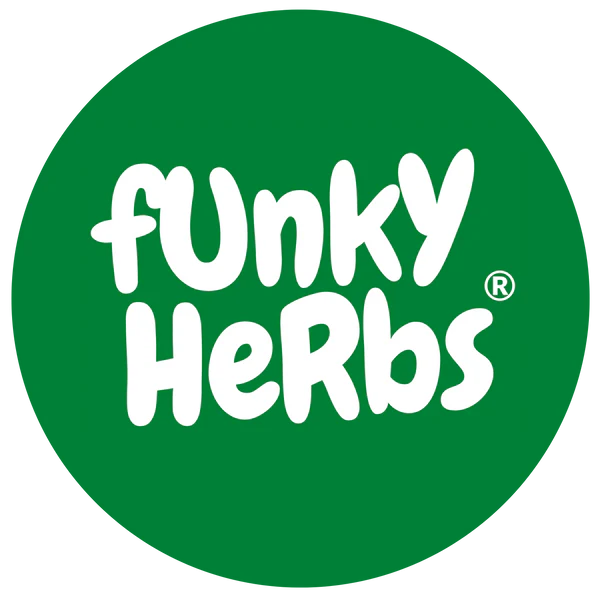No products in the cart.


Bursting with delectable flavours and herbal goodness, a refreshing indulgence with abundance! Therapeutic and irresistible from the first sip!
Fantastic alcohol alternatives!
Relax and unwind with premium quality botanical lemonade infused with relaxation herbs.
Two thousand years ago Greeks and Romans recognized the medicinal value of mineral water and bathed in it for relaxation.
Along the Mediterranean coast, medieval 12th-century Egyptians enjoyed Kashkab, a drink made from fermented barley and flavoured with mint, rue, black pepper, and citron leaf. As lemons were introduced to the region, this concoction became qatarmizat, essentially a lemon water sweetened with sugar. This ancient recipe most resembles the lemonade we know and love today.
By the late 1700s Europeans and Americans began drinking sparkling mineral water for its reputed therapeutic benefits. The first imitation mineral water was in the the U.S. patented in 1809. It was called “soda water” and consisted of water and sodium bicarbonate mixed with acid to add effervescence. Pharmacists in America and Europe experimented with a myriad of ingredients in the hope of finding new remedies for various ailments. Already the flavoured soda waters were hailed as brain tonics for curing headaches, hangovers, and nervous afflictions.
Pharmacies were equipped with “soda fountains” featuring medicinal soda water which soon developed into regular meeting places for local populations. Flavoured soda water gained popularity not only for its medicinal benefits but for the refreshing taste as well. The market expanded in the 1830s when soda water was first sold in glass bottles. Filling and capping the gaseous liquid in containers was a difficult process until 1850, when a manual filling and corking machine was successfully designed. The term “soda pop” originated in the 1860s from the popping sound of escaping gas as a soda bottle was opened.
In 1886 an Atlanta pharmacist, John Pemberton, took the fateful step of combining coca with cola, thus creating what would become the world’s most famous drink, “Coca-Cola”. The beverage was advertised as refreshing as well as therapeutic: “French Wine Cola—Ideal Nerve and Tonic Stimulant.” A few years later another pharmacist, Caleb Bradham, created “Pepsi-Cola” in North Carolina. Although the name was a derivation of pepsin, an acid that aids digestion, Pepsi did not advertise the beverage as having therapeutic benefits.
Since the mid-20th century, most soft drink companies have developed their lemonade recipes to suit mass production and have focused advertising on the refreshing aspects of their lemonade. Today, nearly 75 years later, the Funky Herbs Company is taking soft drinks back to their therapeutic roots by reintroducing the beneficial ingredients that have been lost until now.
These herbal soft drinks are made from real ingredients, combining relaxation herbs with real lemon juice and natural lemon flavour, there’s no artificial flavourings, sweeteners or colours, making them a perfect soft drink for those looking for a tasty and revitalising relaxation drink.
Try original Funky Herbs LEMONADE for a TRUELY THIRST-QUENCHING and THOROUGHLY RELAXING feeling!
All enquiries email: info@funkyherbs.com
